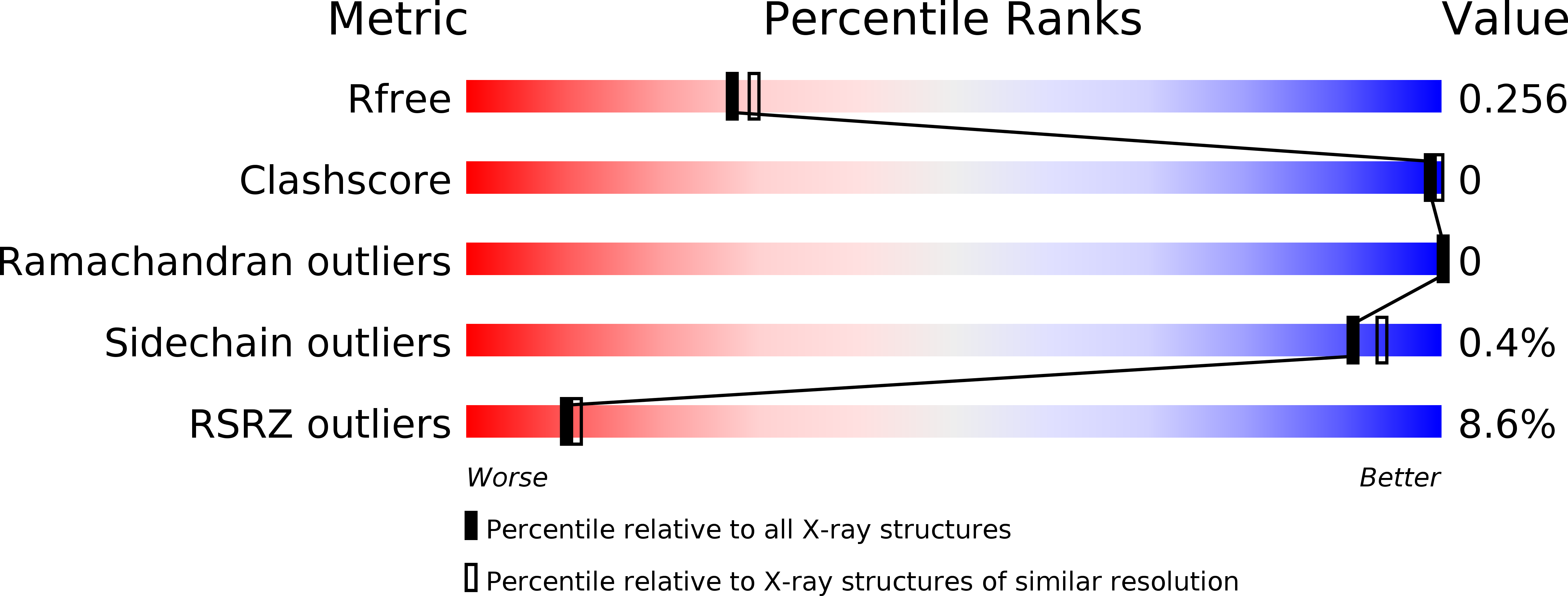
Deposition Date
2016-12-19
Release Date
2017-05-31
Last Version Date
2024-03-06
Entry Detail
PDB ID:
5UAD
Keywords:
Title:
MET Tyrosine Kinase Inhibition Enhances the Antitumor Efficacy of an HGF Antibody
Biological Source:
Source Organism(s):
Homo sapiens (Taxon ID: 9606)
Expression System(s):
Method Details:
Experimental Method:
Resolution:
2.25 Å
R-Value Free:
0.25
R-Value Work:
0.19
R-Value Observed:
0.19
Space Group:
P 21 21 21


